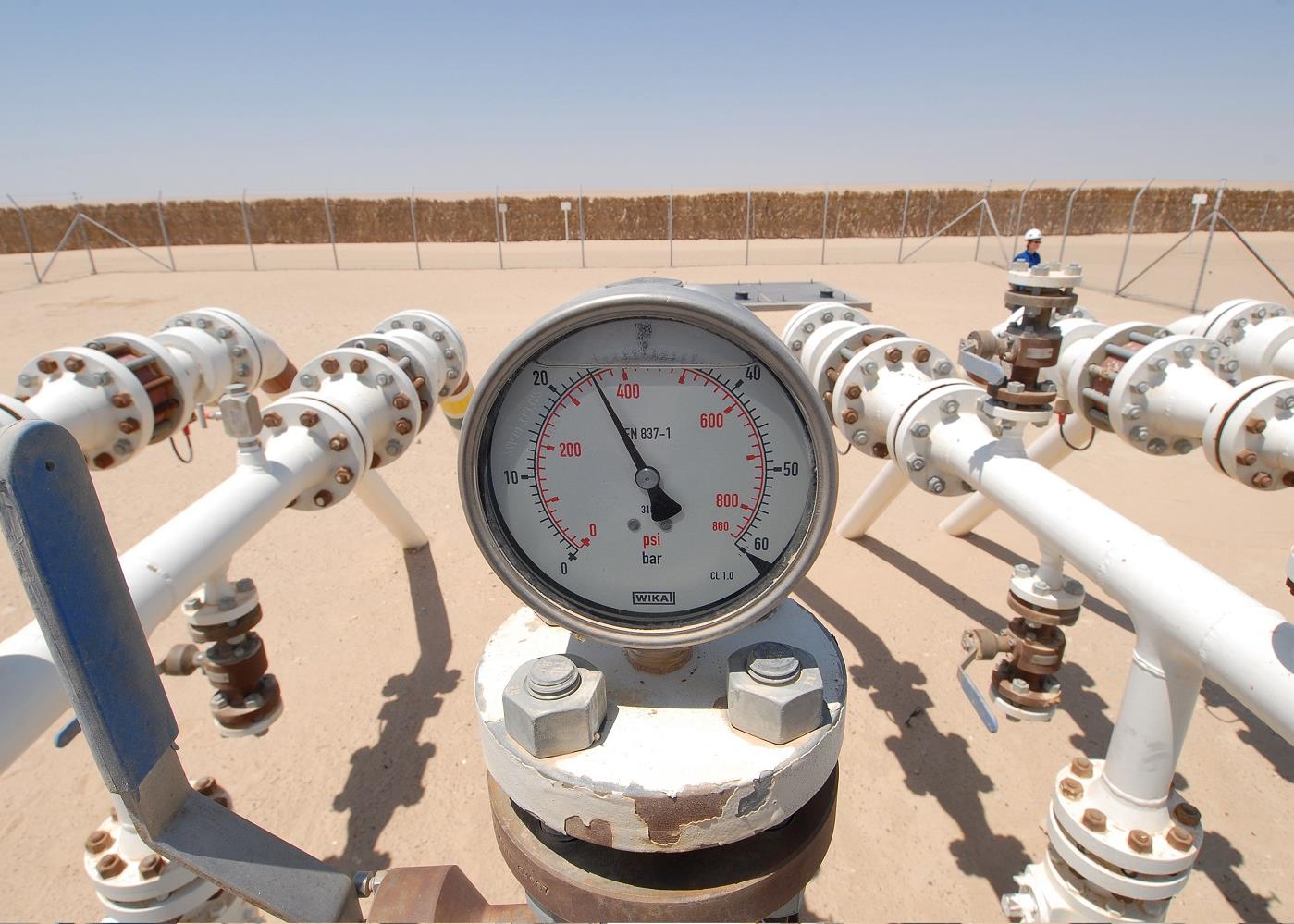
UAE to continue 2013 growth rate driven by non-oil sectors and real estate recovery
The Washington-headquartered IMF expects the UAE economy to grow by 4.5 per cent this year driven by the Gulf states non-oil sectors such as tourism, hospitality and real estate.
The IMF also estimated that the UAEs real GDP expanded by 4.5 per cent in 2013, said Harald Finger, who led the organisations mission to review the countrys economy during 22-30 January.
The real estate sector in particular has seen a steep recovery, with prices in the Dubai residential real estate market having increased rapidly in selected areas, Finger said.
While non-oil sectors are forecast to drive UAE growth in 2014, further growth in oil production will be limited due to an amply supplied global oil market, he added.
The IMF forecast that rent would increase moderately, driven by rising rents.
The countrys economy is set to benefit from Dubai winning the right to host Expo 2020, which will see the emirate take on new megaprojects and fast-track several schemes already in the pipeline.
Many commentators have warned the new flurry of construction projects could increase the risk of the Dubai real estate market overheating in a repeat of the 2009 crash.
The total cost, pace of execution, and financing of the new megaprojects remain uncertain. If not implemented prudently, these projects could exacerbate the risk of a real estate bubble, said Finger.
Moreover, these projects may create additional financial risks for Dubais government-related entities (GREs) and the banking system in light of the still considerable debt overhang from the 2009 crisis, he added.
The IMF welcomed Dubai increasing its real estate registration fees from 2 to 4 per cent last October, calling it a welcome step in addressing speculation in the real estate market.
The organisation also highlighted newly implemented regulations on loan concentration and real estate exposure for banks.
The new loan concentration limits will help contain risks to banks balance sheets in the context of the newly planned megaprojects, said Finger. It will now be important to agree, as planned, on transition paths for banks that are currently not meeting the new limits.
New maximum loan-to-value ratios for mortgage lending would help banks to limit the amount of speculation in the real estate market, the IMF says.
The countrys the Central Bank could consider further tightening these rules if large increases in real estate prices continue, Finger concluded in his report.
You might also like...

Algeria signs oil deal with Swedish company
19 April 2024

Masdar and Etihad plan pumped hydro project
19 April 2024

Ewec signs Ajban solar PV contract
19 April 2024

Contractor orders compressors for onshore project
18 April 2024
A MEED Subscription...
Subscribe or upgrade your current MEED.com package to support your strategic planning with the MENA region’s best source of business information. Proceed to our online shop below to find out more about the features in each package.




